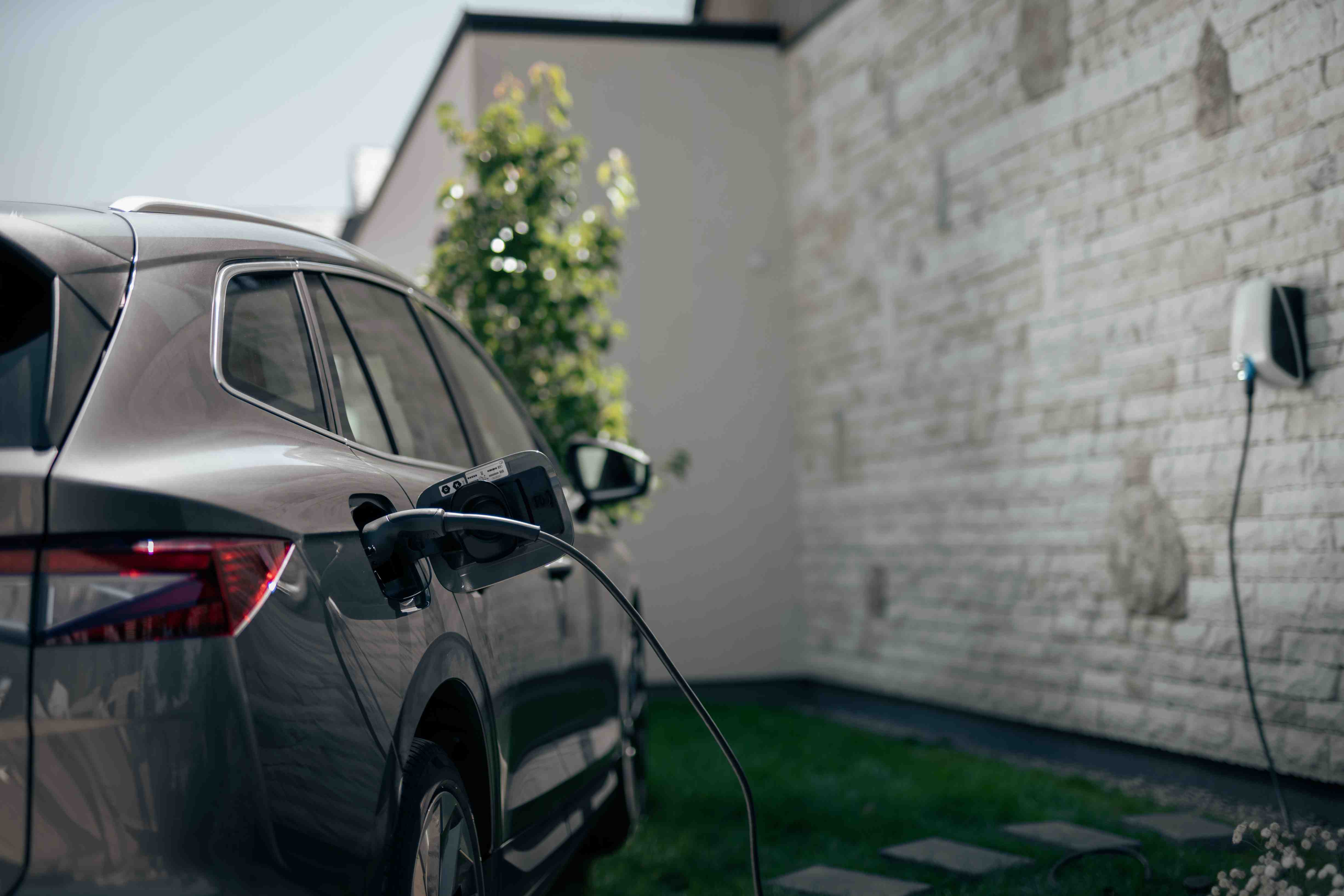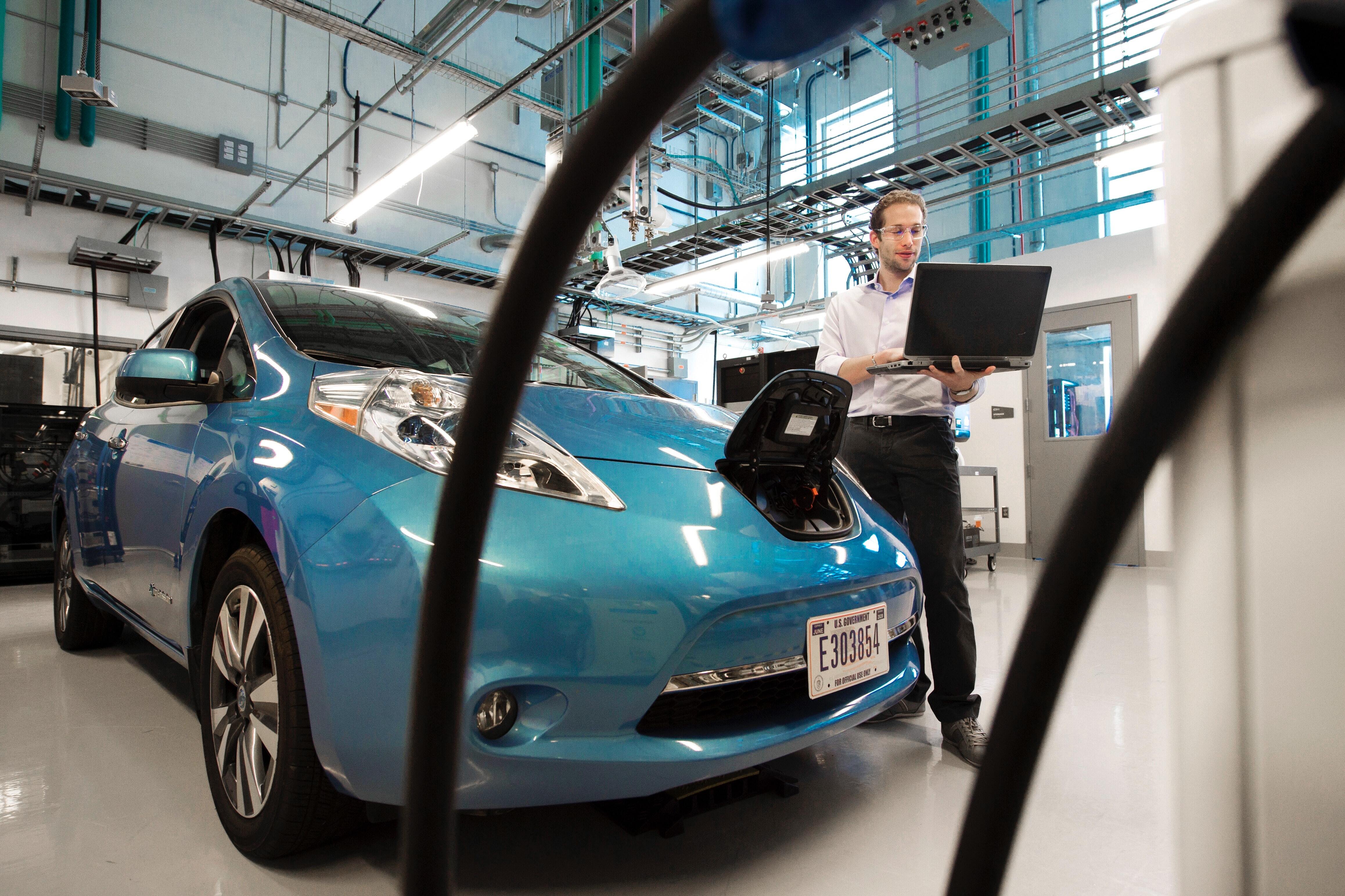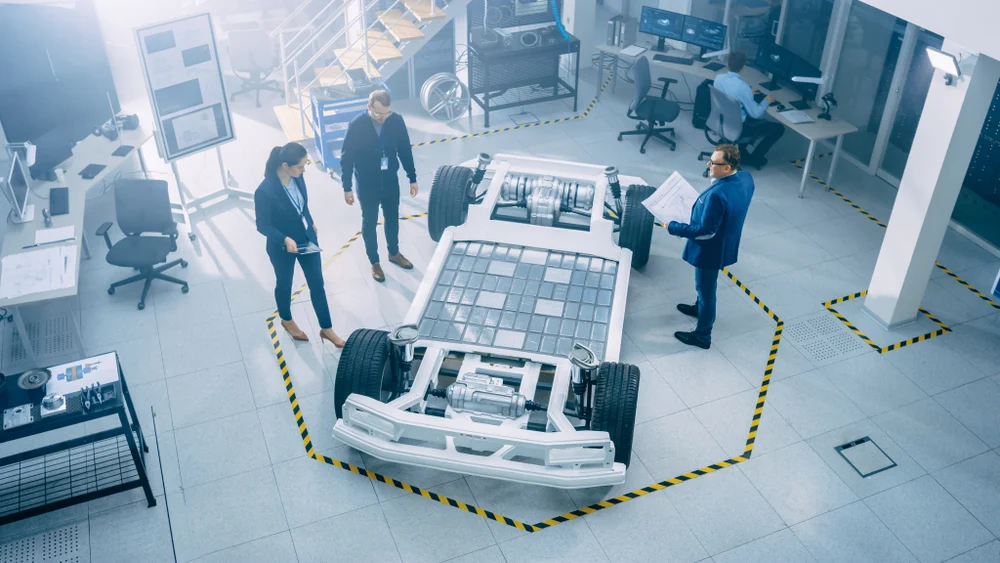Last Updated on May 12, 2023 Current estimates suggest that most electric car batteries will last anywhere between 15 to 20 years before they need replacement. With the average lifespan of a car being approximately 12 years, your electric vehicle (EV) battery is likely to outlast the vehicle itself. Even after reaching the end of its primary life cycle, many EV batteries can find extended use in other applications, such as stationary energy storage systems. This article dispels common myths about EV battery life, explains how long EV batteries typically last, offers tips on extending their lifespan, highlights their second-life applications, and discusses their recyclability. Electric vehicles (EVs) are experiencing unprecedented popularity globally. In 2022, EV sales surpassed 10 million units worldwide, and in the first quarter of 2023 alone, more than 2.3 million EVs were sold. Despite this rapid growth, concerns persist among potential buyers—battery life being one of the most prominent issues. Research indicates that EV batteries are designed to last significantly longer than consumer electronics like phones or laptops. Unlike personal gadgets, EV batteries are engineered with robust features to endure extensive use over many years. Additionally, most EV manufacturers provide warranties covering the battery pack for 8 to 10 years, offering consumers additional peace of mind. This article delves into common misconceptions about EV battery longevity, provides insights into their actual lifespan, and outlines practical ways to maintain and prolong their performance. We encounter batteries daily—from smartphones and laptops to electric scooters and toothbrushes. Over time, these batteries lose capacity, leading to shorter battery life. It's natural to worry about similar issues with EV batteries. Let's explore how EV batteries function and why they are more durable than conventional batteries. A typical EV battery consists of thousands of rechargeable lithium-ion cells interconnected to form the vehicle's battery pack. Lithium-ion batteries are renowned for their high energy density, allowing them to store more energy in smaller spaces compared to other types of batteries. They also discharge efficiently and require minimal maintenance. Although lithium-ion batteries are highly effective, they aren't immune to wear and tear. Like any component, they degrade gradually with use, reducing their initial capacity over time. However, this degradation is usually slow enough to remain unnoticed by drivers. Unlike consumer electronics that might lose up to 20% of their capacity within just a few years, EV batteries are crafted specifically to last longer. Their design includes protective mechanisms that minimize damage from frequent charging and discharging cycles. For instance, EV batteries rarely need to be charged as frequently as personal devices because the average mileage driven per day is relatively low. Furthermore, EVs incorporate advanced battery management systems (BMS) that monitor and optimize charging patterns to preserve battery health.  Industry projections estimate that EV batteries can endure between 100,000 to 200,000 miles—or approximately 15 to 20 years—before requiring replacement. Even when batteries begin to degrade, their substantial initial capacity combined with minimal annual capacity loss ensures that the decline remains virtually undetectable to drivers. For perspective, if you buy an EV today with a 240-km (150-mile) range, you'd likely lose only about 27 km (17 miles) of usable range after five years. Real-world examples support these predictions: Nissan reports that nearly all EV batteries produced since they began selling electric cars 12 years ago remain operational. Similarly, Tesla claims an average lifespan of around 200,000 miles in the U.S. and 150,000 miles in Europe—far exceeding the average car's lifespan of just 12 years. Advancements in lithium-ion battery technology over the past decades have dramatically improved durability, safety, and affordability. Proper care extends the lifespan further. Here's how: Each charging cycle—even partial ones—puts slight stress on the battery, reducing its overall capacity slightly. To maximize longevity, only charge your EV when necessary instead of habitually plugging it in every evening. Avoid fully charging your battery unless absolutely required. Frequent full charges and deep discharges accelerate battery degradation. Instead, aim to keep your battery level between 20% and 80%, avoiding letting it drain completely. Leaving your EV plugged in at either extreme (fully charged or depleted) during prolonged periods of non-use accelerates battery degradation. If you're away from your vehicle for an extended period, it's recommended to charge it to around 50% before parking it. Smart charging solutions can help automate this process. The battery pack represents the most expensive component of an EV, currently costing around $10,000 to $12,000, according to Reuters ($150 per kWh, per IEA's Global EV Outlook 2023). This expense stems primarily from the scarcity or difficulty of sourcing raw materials. Over the years, battery prices have plummeted thanks to technological advancements and manufacturing efficiencies. Today, manufacturing costs account for roughly 20% of total battery expenses, down from over 30% a decade ago. In contrast, cell production costs rose in 2022 relative to 2021, returning to 2019 levels. This was driven by increasing prices of rare materials and higher electricity costs impacting manufacturing processes. Bloomberg New Energy Finance (BNEF) anticipates battery prices will drop again in 2024 as more extraction and refining capacity becomes available. According to BNEF's 2022 Battery Price Survey, average pack prices are expected to fall below $100/kWh by 2026. Once batteries reach the end of their useful life, what happens to them? Environmental concerns surrounding used batteries are growing, and recycling is often proposed as the primary solution. However, EV batteries can sometimes find secondary uses before reaching the recycling stage, thanks to their high capacity and quick charge-discharge capabilities. One promising application for retired EV batteries is energy storage for individual homes or the broader power grid. Balancing renewable energy sources' variability requires reliable storage solutions, making old EV batteries ideal candidates. The Mobility House has already implemented such a bidirectional smart charging system, using old Nissan Leaf battery packs to stabilize electricity demand at the Johan Cruijff ArenA in Amsterdam, home of the Ajax football club. Eventually, batteries reach a point where they can no longer serve any practical purpose. At this stage, recycling becomes essential. Although recycling lithium-ion batteries presents challenges, increasing demand for raw materials is driving innovation, with some techniques recovering up to 95% of valuable materials. Understanding battery lifespan is crucial for prospective EV buyers, given the significant investment involved. Modern EV batteries are designed with longevity in mind, and they usually outlast the vehicles themselves. If you're considering transitioning to electric mobility, you likely have numerous questions about EVs and charging infrastructure. Explore our detailed EV charging guide to gain comprehensive knowledge about EV charging.   Subscribe to our newsletter: The Current for exclusive insights on all things electric mobility, right to your inbox.  Hibiscus Hair Claw,Plumeria Hair Claw,Gardenia Hair Claw,Tiare Hair Claw,Spider Lily Hair Claw Xuzhou Kylin Craft & Gifts Co., Ltd. , https://www.kylincraftandgifts.com
Electric Car Battery Longevity: More Resilient Than You Think

Battery Life Concerns: Addressing Misplaced Doubts

What Are Electric Car Batteries Made Of?
Lithium-Ion EV Batteries vs Consumer Electronics

How Long Do Electric Car Batteries Last?

Extending Your EV Battery's Lifespan
Best Practices for Charging Your EV Battery
1. Avoid Charging Every Night
2. Maintain a Charge Between 20% and 80%
3. Optimize Battery State During Long Storage

The Cost of Electric Car Batteries
Are Electric Car Batteries Recyclable?

Second-Life Applications for Old EV Batteries
Recycling EV Batteries

Learn More About EV Charging
How long do electric car batteries last? [May 2023]
Last Updated on May 12, 2023 Current estimates suggest that most electric car batteries will last anywhere between 15 to 20 years before they need replacement. With the average lifespan of a car being approximately 12 years, your electric vehicle (EV) battery is likely to outlast the vehicle itself. Even after reaching the end of its primary life cycle, many EV batteries can find extended use in other applications, such as stationary energy storage systems. This article dispels common myths about EV battery life, explains how long EV batteries typically last, offers tips on extending their lifespan, highlights their second-life applications, and discusses their recyclability. Hibiscus Hair Claw,Plumeria Hair Claw,Gardenia Hair Claw,Tiare Hair Claw,Spider Lily Hair Claw Xuzhou Kylin Craft & Gifts Co., Ltd. , https://www.kylincraftandgifts.com